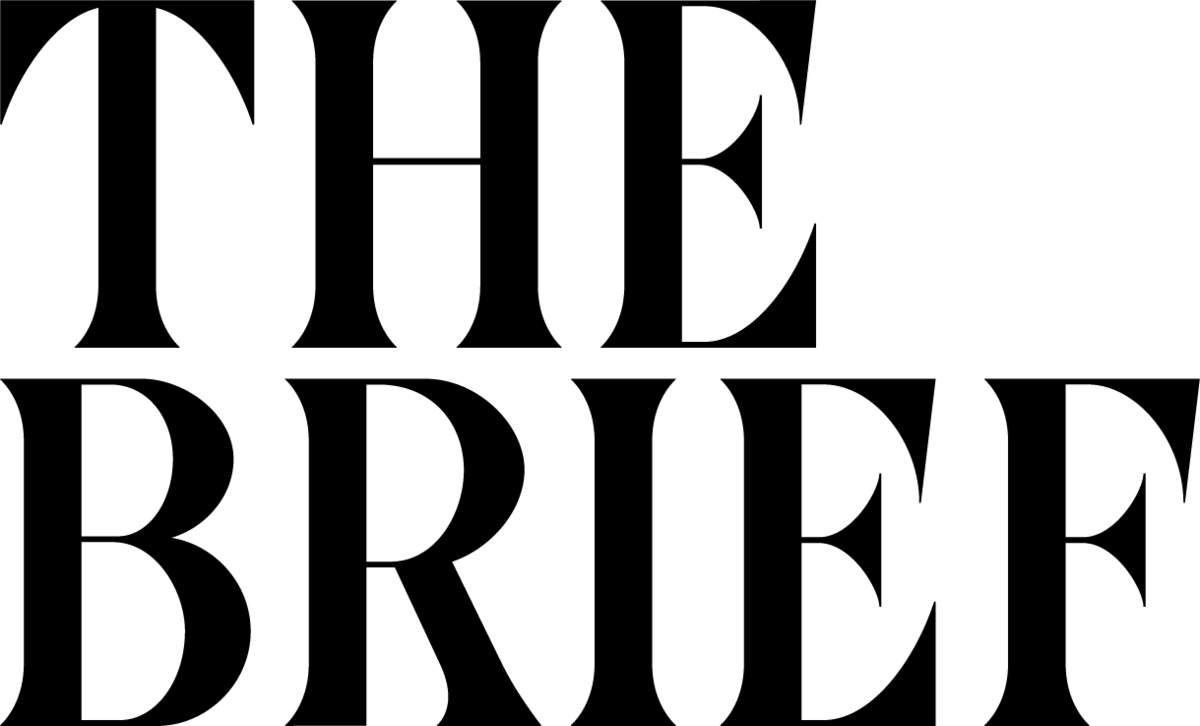
Them: “You’ll never be able to get coverage on that announcement!”
Us: “Hold my champagne.” 🥂
Not everything you announce can be seen as newsworthy, especially if it’s a product or partnership announcement. But a strategic PR team should be able to transform a dull narrative into something that ✨ inspires ✨ thought, action, or a sense of community. This week, we’re discussing what we did to garner coverage from the likes of Bloomberg and the Wall Street Journal for a free, already-live product announcement.
Have an idea for a topic, or are you an expert who would like to contribute? Reach out.
Read Time: 5 mins
A few months ago, we held a new business call with a startup looking to get coverage on a product announcement.
There was just one catch - the product was already live. 🙄
They were planning on improving the product and releasing it for free, but ultimately, the element of newsworthiness was lacking.
They had already interviewed a handful of other agencies, each one of them reinforcing they wouldn’t be able to get coverage on their product announcement. We saw things a little differently. 🤓
The product this client was releasing helped to define company jargon. An intranet dictionary, if you will. And the other agencies were right - that they couldn’t get coverage on this as a product announcement.
But what if you turned the news on its head and thought about things a little differently? 🙃
The client wanted top-tier press. So, we came up with a series of ideas that might be alluring to that caliber of publication.
Worst Offenders: What if we scanned the top-tiers to determine their most widely-used jargon and how it had changed over the years?
Cunning Linguist: What if we partnered with an anthropological linguist to discuss the history of jargon, and develop a visual on how it impacts the way people do business today?
Unintelligible Ramblings: What if we drafted the most jargon-filled, unbearable press release you could imagine? One that was so bad it had to catch a reporter’s eye, and draw attention to how inhibitive the use of jargon actually is?
Repressed Memories: How about a LinkedIn campaign sourcing embarrassing stories of misused jargon?
Paralysis by Analysis: What if we conducted a research study identifying the most widely used and misused jargon in the tech industry as a whole?
It’s Corn! What if we created a viral video compilation with Recess Therapy, asking kids what they thought certain tech jargon words meant?
Coming up with these ideas required us to think about this announcement in an entirely new way. 🤯
What is jargon? Where did it come from? Who comes up with it? Who uses it? Who doesn’t? Who does it impact?
We hate to spoil the ending, but we didn’t end up landing any coverage using any of these ideas. We tried our hand at the first few, but what we ultimately decided to do was play into the current hot-button topics in the media today.
We crafted a pitch around how jargon hinders inclusivity and company DEI efforts.
Think about it. How many times have you seen an internal company acronym and had no idea what it meant? Especially for remote workers, or those that skew younger or older, there’s a sense of pride that comes with being in the know. And with these un-Googleable phrases, it can be difficult to decipher this daunting vernacular.
Serendipitously, LinkedIn and Duolingo had teamed up to recently publish a story talking about the most hated corporate jargon and how it alienated employees. So, we pulled these stats into our pitch to have some hard-hitting data to back our claim up.
At first, it was crickets. 🦗 Then, the hits just kept coming.
We ended up getting 20 unique pieces in total, including Bloomberg, The Wall Street Journal, and more trade coverage than we could have dreamed of.
Everyone was thrilled with the results. But it also shed light on a very important issue in PR. 🔎
It can be so easy to rest on your laurels and say something won’t get coverage. And in the traditional sense, you may be right.
But our job as PR pros is to frame things differently. We’re storytellers through and through - and when we step up to the plate and choose to flex those muscles, the results can be unbelievable.
So next time you have a product or partnership announcement, we encourage you to look at things a little differently, and to sit down and have a good ole’ fashioned brainstorm. You just might be amazed at what you’re able to come up with.

Like The Colab Brief?
